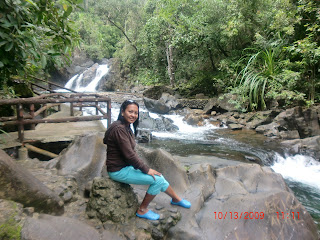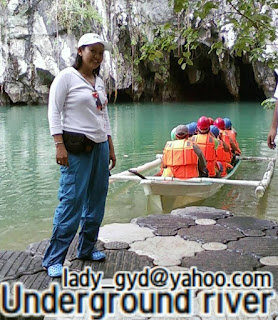El Nido is named after the edible nests of Swiftlets (Collocalia Fuciphaga) found in the crevices of its limestone cliffs. These nests, “nido” in Spanish, are the main ingredient for the gourmet nido soup.El Nido is considered as a showcase of Palawan’s geology and diverse wildlife. Its majestic limestone cliffs stand guard over clear waters, with hundreds of species of tropical fishes and corals, and three species of endangered sea turtles. El Nido’s forests are host to more than 100 species of birds, a large number of which are endemic to Palawan.
The most striking feature of El Nido is its scenic landscape - massive limestone islands of varying shapes and sizes scattered about the sparkling sea.
The limestone cliffs of El Nido were naturally carved out of extensive and thick layers of coralline deposits. They formed 250 million years ago in the shallow sea covering the area that North Vietnam and South China now occupy. These layers slowly rose from the sea as a result of the collision of India and mainland China about 60 million years ago.
The most striking feature of El Nido is its scenic landscape - massive limestone islands of varying shapes and sizes scattered about the sparkling sea.
The limestone cliffs of El Nido were naturally carved out of extensive and thick layers of coralline deposits. They formed 250 million years ago in the shallow sea covering the area that North Vietnam and South China now occupy. These layers slowly rose from the sea as a result of the collision of India and mainland China about 60 million years ago.








